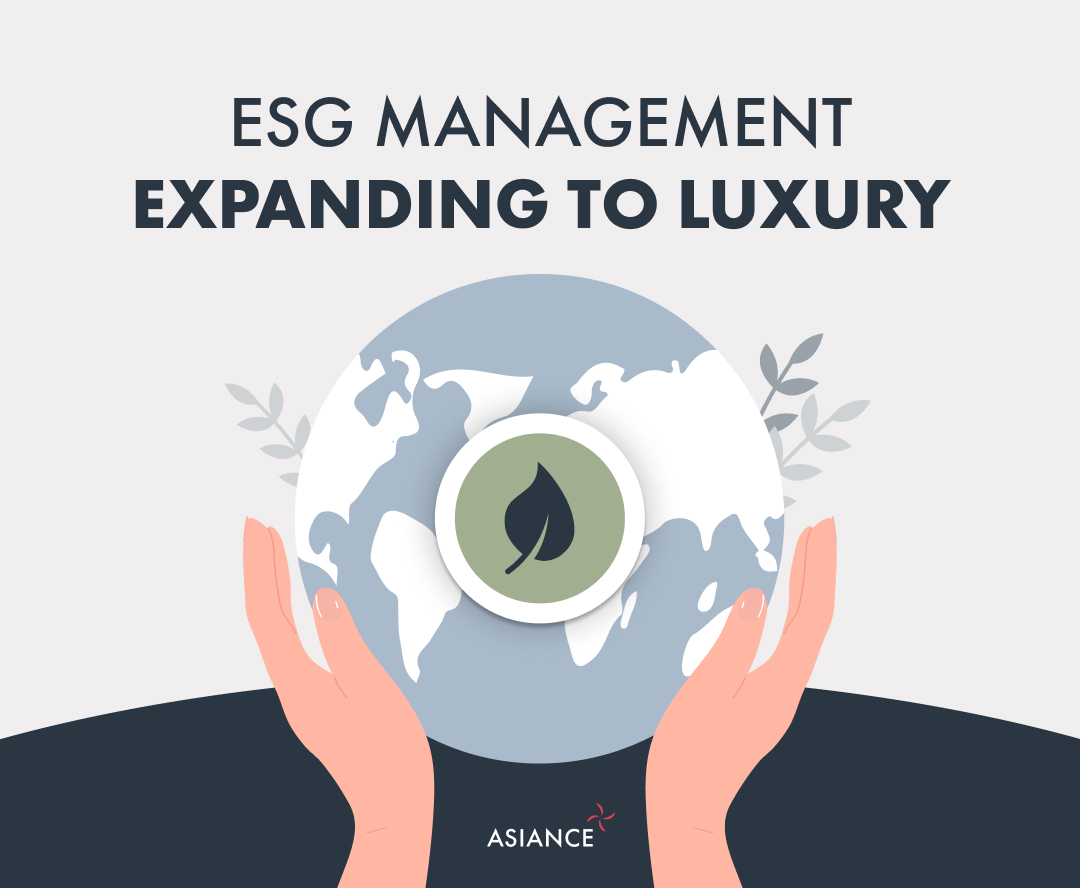The Expansion of ESG Management
ESG trends have accelerated even more after COVID-19. Since huge expenditure is needed to implement ESG policies, in the past, domestic conglomerates and well-known global companies were the main investors of ESG. However, now as more potential customers acknowledge the level of seriousness of environmental and social issues, smaller companies and even startups are building their business models around ESG strategies. ESG management refers to operating a sustainable company with consideration and emphasis on non-financial elements: environmental, ethical, and social factors. Nowadays, the value of ESG is widely spread among the younger generation due to the real-time sharing of news related to environmental destruction or social responsibility through social media. Based on the fact that the MZs are the main target audience for many brands, we can understand that ESG is now an indispensable factor for companies to meet their consumer needs. In today’s posting, let’s take a look at how ESG is implemented in the fashion and luxury industry.
ESG Management in the Fashion Industry
The fashion industry is increasingly implementing ESG strategies while reflecting customer needs and purchasing factors. As the term “conscious fashion” implies, consumers are now more inclined to purchase products that have gone through eco-friendly and ethical production processes. In the fashion industry, eco-friendly production methodologies such as utilizing recycled polyester fabric, natural fibers, and inventory upcycling are becoming more prominent. More fashion brands are applying these methodologies when launching a new collection or collaborating with other brands. For instance, the fashion brand “Dasigom(다시곰)” collaborated with the alcohol brand “OB Beer” to upcycle used banners from the OB Beer offline festivals of the past three years, recreating them into Korea’s traditional clothing hanbok. The upcycled hanbok were used for OB Beer’s Upcycling Festival in 2022 and conveyed ESG values in a unique way by opening a runway. Other representative brands famous for their ESG management practices include Freitag, 119 Reo, and Re;code, which are more popular among the MZ generation.
ESG Management in the Luxury Industry I : Environmental Protection
Regardless of industry type, many companies are moving towards implementing ESG practices. Even for luxury high-end brands, ESG management has been implemented, successfully attracting the attention of the luxury market and its consumers. Within the luxury field, when it comes to ESG, “environment (E)” has been the keyword due to the relationship of luxury products to environmental pollution caused by clothing materials. However, the application of ESG has further expanded to the “social(S)” factor, with brands realizing that they can also utilize ethical values for branding. Here are some examples of how some luxury brands are implementing ESG in their marketing strategies. To start with, Kering Group is a representative brand that uses ESG management, with its main objective being environmental protection. Kering Group is a French luxury company that encompasses world-famous luxury brands such as Gucci, Saint Laurent, and Bottega Veneta. In Kering’s official website category UI, the word “sustainability” is included as a separate category, showing that Kering is using sustainability as one of the keywords for its brand. “Kering’s 2025 Sustainability Strategy” is a 8-year-long project conducted by Kering in order to reduce “environmental loss” by 40% from 2017 to 2025. “The Sustainability Special Report” is also updated on Kering’s website, which summarizes the policies to be followed based on ESG in the manufacturing process of the brand’s products. Furthermore, Kering analyzes the production and distribution processes of their brand’s products every year and publishes the Environmental Profit and Loss Statement to reflect on the past year and improve production strategies that meet the standards of ESG. This clearly shows Kering’s strategy of combining luxury and sustainability to add value to its brand.
ESG Management in the Luxury Industry II : Realization of Ethical Values
Ethical factors, including human rights, equality, and respect for diversity, are also highlighted and reflected in luxury brands. Some representative brands are Dior and Hermes, which have begun social contribution activities in new fields to spread ethical values. In the case of Dior, Dior Korea signed an unprecedented partnership with Ewha Womans University in April 2022, emphasizing the common value and vision of fostering next-generation female leaders who will promote gender equality and lead a sustainable future. Dior provided various internships, training programs, and scholarships to students at Ewha Womans University and invested in spreading the value of “gender equality.” For Hermes, the brand has sponsored the Korean contemporary art industry for more than 20 years through the Hermes Foundation Art Award since 2000. By fostering and supporting young Korean artists and the development of modern art and Korean films, Hermes expressed their intention to contribute to the development of the local community. Thus, even the social part of ESG can be utilized by luxury brands not only to spread ethical values but also to enhance their brand image by giving positive influence to society.
ESG, Luxury and the MZs
ESG is now an essential part to consider when targeting the MZs, the generation that pursues “value consumption,” preferring reasonable consumption based on the values they aim for, such as “meaning out” and “greensumer.” One of the many reasons why the domestic second-hand luxury market is expanding is that luxury resale can meet the increasing needs of customers who notice the significance of sustainability and environmental protection. In today’s post, we looked at how ESG management can be applied in the fashion and luxury industry. ESG is expected to have a greater impact on various industries across all fields throughout the following years.
Are you interested in Asiance’s insights?












